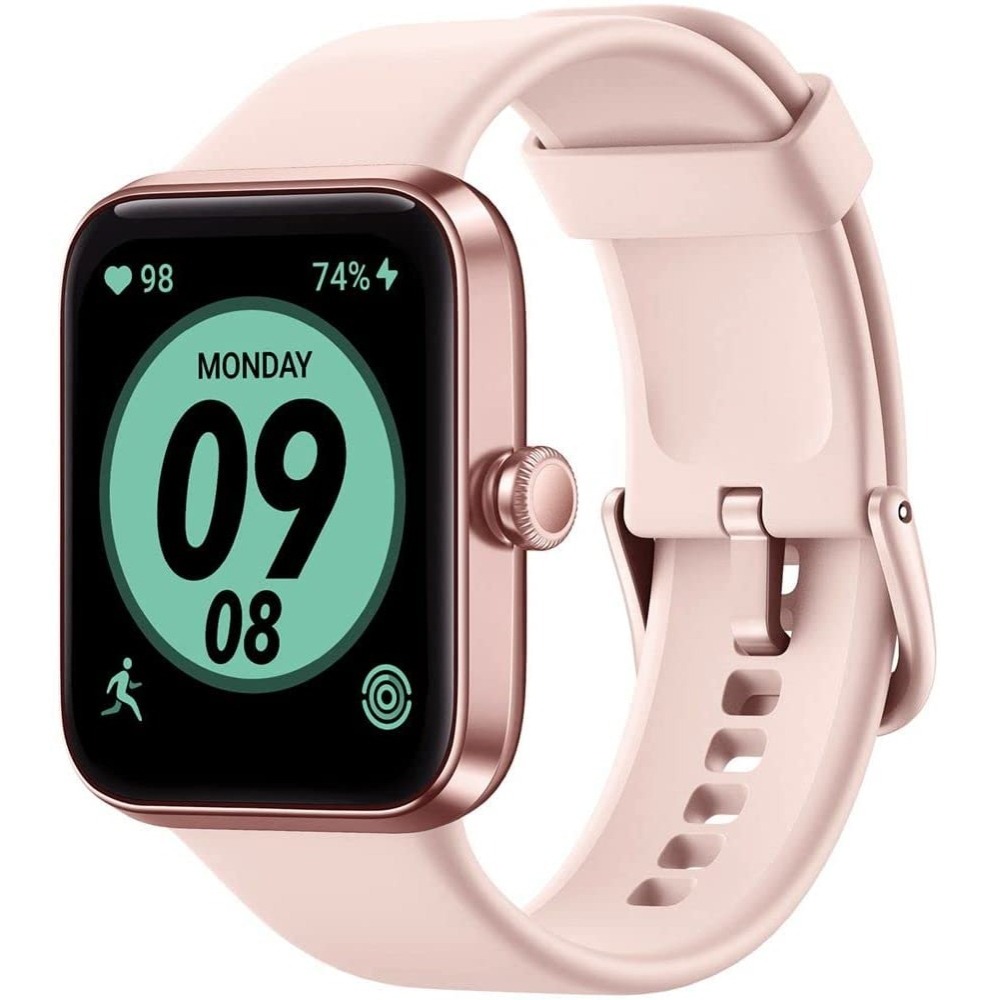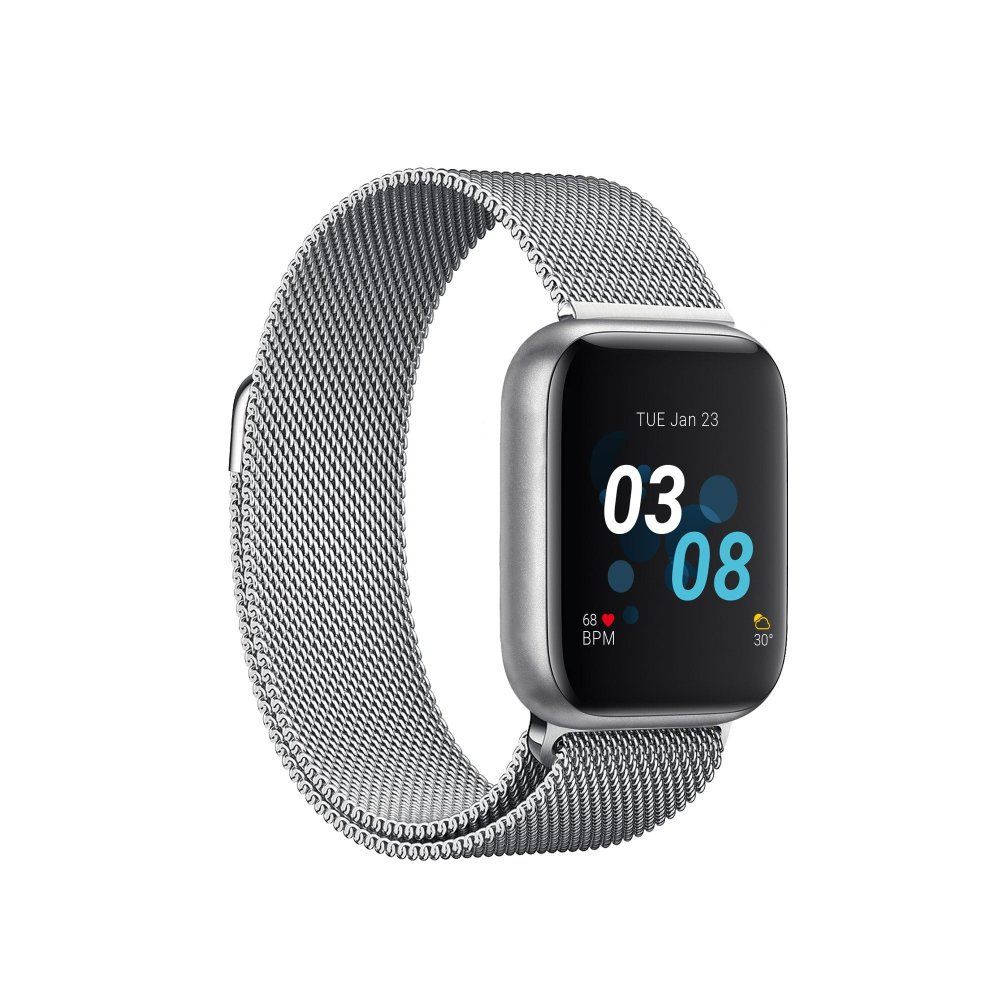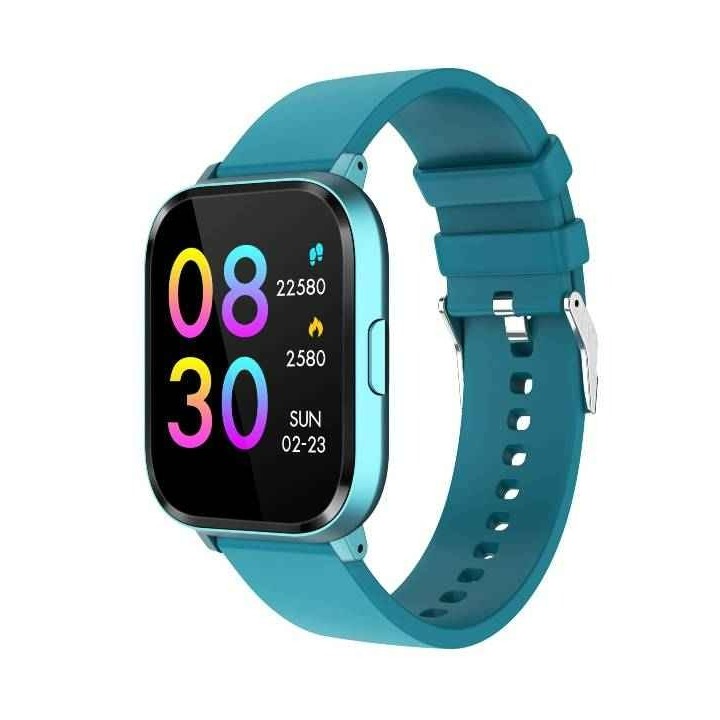The Smartwatch Value Proposition
The decision to invest in a smartwatch often comes down to value. What can it offer beyond a smartphone? It’s not just a gadget to tell time; it’s a tool to simplify daily life. Let’s explore the benefits and decide if a smartwatch fits your needs.
Smartwatches go beyond basic timekeeping. They sync with your smartphone. This means they can show messages, calls, and app alerts right on your wrist. They can track your health metrics and connect you to your favorite fitness apps. Smartwatches often have unique features. Think GPS, water resistance, music controls, and mobile payments.
The convenience of having these capabilities handy on your wrist should not be overlooked. It can be a game-changer for staying connected without the constant need to reach for your phone. Studies show that smartwatches can even help with managing your day. They can remind you of appointments and keep you on track with fitness goals.
Many argue that smartphones can do much of what a smartwatch offers. Yet, smartwatches provide a more accessible and less obtrusive experience. You don’t always have to pull out your phone, which can be a big plus during workouts or meetings.
Smartwatches also serve as a fashion statement. They come in various styles and are customizable to match your personal taste. Fitness trackers can look plain, but smartwatches offer a chic edge.
Lastly, the health features of smartwatches can be compelling. They often include sensors not found in phones, like heart rate monitors and ECG functions. These features can keep a close watch on your well-being.
So, should you get a smartwatch? If you value convenience, health tracking, and style, the answer could be a resounding yes. Assess your lifestyle and preferences to make the best choice for you.

Step Tracking with Smartwatches vs. Smartphones
When considering step tracking, smartwatches and smartphones both offer solutions. Smartphones, often in hand or pocket, track steps through built-in sensors. Smartwatches, worn on the wrist, do this too, often with higher precision.
Tracking accuracy may differ. Phones may not count steps if left behind, say, on a desk. Smartwatches, on the other hand, are more consistent, strapped to you all day.
Step tracking is essential for many aiming for a daily goal, like 10,000 steps. With a smartwatch, you get instant access to your progress, a glance away. With phones, you might need to unlock screens and open apps.
Ease of use is a factor. Smartwatches offer step data on your wrist, anytime. No need to pull out a phone during a run or a meeting to check steps.
The debate, ‘Should I get a smartwatch?’ often involves such tracking considerations. If constant step monitoring is important to you, a smartwatch is beneficial. If occasional checks suffice, a smartphone might be enough.
Remember, while phones do the job, smartwatches excel at convenience. They offer a seamless way to check steps, making them a top choice for the fitness-conscious.
Notification Management on Your Wrist
When it comes to notification management, smartwatches offer a distinct advantage. They keep you informed without the need to pull out your phone. Whether it’s a call, text, or app alert, you’ll know instantly. This ease of access can be crucial, especially during meetings or workouts. For some, this may mean fewer distractions, as you can quickly glance and decide if it’s urgent.
Smartwatches give you control over what alerts you receive on your wrist. This can help reduce the stream of interruptions from your smartphone. Customize notifications to fit your preferences and stay focused on your tasks. For those seeking a break from their phones, this could be a relief.
But this raises a question: is this enough to justify getting a smartwatch? If constant updates and alerts are vital to you, a smartwatch might be worth it. If not, your smartphone can handle basic notification needs. So, reflect on how much you value this feature.
While smartwatches alert you, they can also be set to do not disturb. This is key for moments when you need calm from digital buzz. So if you wish to manage notifications efficiently and subtly, a smartwatch could serve you well.

Running and Fitness Apps: Smartwatch Required?
While smartphones have the capability to run fitness apps, smartwatches may enhance the experience. When considering using running or fitness apps, it is important to evaluate what each device offers. Smartphones, typically carried in a pocket, can track runs with apps like Strava. They provide time, distance, and even map routes. However, for more in-depth data like heart rate or specific workout metrics, a smartwatch could be essential.
Many smartwatches come with built-in GPS and heart rate monitors. This means they can offer more precise tracking than smartphones. For runners, this is crucial. It allows them to get accurate pace and distance data without carrying an additional device.
Moreover, smartwatches can provide real-time stats right on your wrist. This is very convenient while running, making it easier to focus on your exercise. You don’t need to stop and look at a phone. Some smartwatches also feature downloadable music and Bluetooth connectivity. This allows for listening to music without a phone.
While smartphones are capable, the seamless integration and advanced features of smartwatches could be worth considering. They not only offer convenience but also enhance the functionality of fitness apps. If detailed tracking and ease of use are priorities in your fitness journey, investing in a smartwatch might be a beneficial choice.
Sleep Monitoring: Gadgets vs. Apps
When it comes to tracking sleep, various options exist. Both gadgets and apps offer sleep tracking, but which is better for you?
Gadgets for Sleep Tracking
Smartwatches, like the Apple Watch and fitness rings like the Oura Ring, excel in sleep tracking. They provide detailed reports on different sleep stages. These gadgets monitor your heart rate and movement overnight. This data helps understand your sleep patterns better. Yet, wearables can be uncomfortable for some during sleep.
Apps for Sleep Monitoring
There are numerous smartphone apps available for sleep monitoring, such as Sleep Cycle. Apps use the phone’s sensors to track your sleep. They offer insights into your sleep quality and duration. While apps are convenient, they may be less accurate. They rely on the phone’s placement to gather data.
In conclusion, choosing between gadgets and apps depends on your preference for comfort and accuracy. If precise data is crucial, a gadget may be best. For ease and convenience, apps work well. Reflect on what suits your needs before deciding.

Finding Your Phone with Smartwatch Integration
One standout feature of smartwatches is the ‘Find My Phone’ functionality. This feature proves invaluable when misplacing your phone. With a simple tap on your smartwatch, you can trigger your phone to ring. This makes it easy to locate your phone by following the sound.
Smartwatches like the Apple Watch integrate seamlessly with iPhones. They leverage this integration to enhance user experience. Losing your phone in the cushions or leaving it in another room becomes less stressful. Your smartwatch acts as a beacon to quickly retrieve it.
The convenience of this feature extends beyond just finding a lost phone. It also offers peace of mind, knowing that you can quickly locate your device. This is especially useful in hurried situations or when running late.
In summary, the integration of ‘Find My Phone’ in smartwatches provides a practical solution. It blends technology with everyday needs, adding a layer of security and efficiency to your day.
Health Monitoring Features Exclusive to Smartwatches
Health monitoring is a key feature of smartwatches. They provide metrics that smartphones cannot offer alone. Many smartwatches track your heart rate throughout the day. This continuous monitoring helps in assessing overall cardiovascular health. Also, they can measure other vital signs such as blood oxygen levels and perform ECGs.
Smartwatches also monitor VO2 Max, which indicates cardiovascular fitness. This data can guide training and health improvement strategies. Additionally, features like fall detection provide extra safety, especially for the elderly.
Overall, smartwatches offer advanced health tracking features. Smartphones lack these specialized sensors and detailed health insights. For those focused on health monitoring, a smartwatch can be a smart choice.
Weighing the Costs: Smartwatch Versus Smartphone Functions
When deciding ‘should I get a smartwatch,’ consider the costs involved. Smartphones already perform many functions. They manage calls, messages, and basic health tracking. Yet, smartwatches offer more. Think of real-time health data, ECG, and fall detection.
Cost comparison is key. Smartwatches can be expensive. They pack advanced features beyond a phone’s capabilities. This includes continuous heart monitoring and GPS tracking. Smartphones lack these, but they are less costly and still capable.
Think about daily use. If you check health stats often, a smartwatch might be worth the extra cost. For casual users, a smartphone’s functions might be enough. Reflect on what you really need day to day.
Ultimately, smartwatches represent an additional expense. They do provide convenience and advanced functions. But you must weigh these benefits against the price and your actual usage. Do the smartwatch’s exclusive features justify the expense for you? Or can your smartphone meet your needs? These questions will guide your purchase decision.
Final Considerations: Lifestyle Compatibility and Personal Preferences
When deciding if a smartwatch is right for you, consider your lifestyle and personal preferences. Do you need instant updates and health tracking on your wrist? A smartwatch might be perfect. It offers on-the-go notifications and fitness features that phones lack.
Think about your daily activities. If you’re always on the move or enjoy working out, a smartwatch’s features, like GPS and heart rate monitoring, could be invaluable. These gadgets offer convenience and keep you connected without disrupting your activity.
Also, assess your tech comfort level. Are you tech-savvy and enjoy the latest gadgets? Then, the added functions of a smartwatch could be exciting. Or, do you prefer simplicity? In that case, a smartphone might cover all your needs without the extra cost.
Lastly, think about style and comfort. Smartwatches can be fashion statements and come in various designs. Are you comfortable wearing something all day on your wrist? If not, sticking with a smartphone could be better.
Ultimately, whether or not you should get a smartwatch depends on how it fits into your life and what you prefer tech-wise. Weigh these factors carefully to make the best decision.
